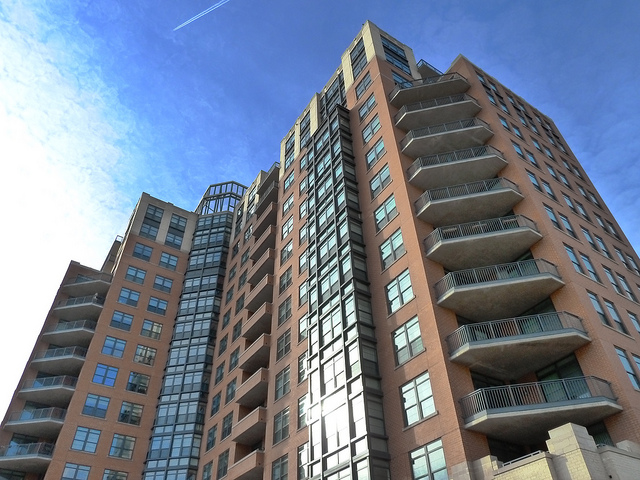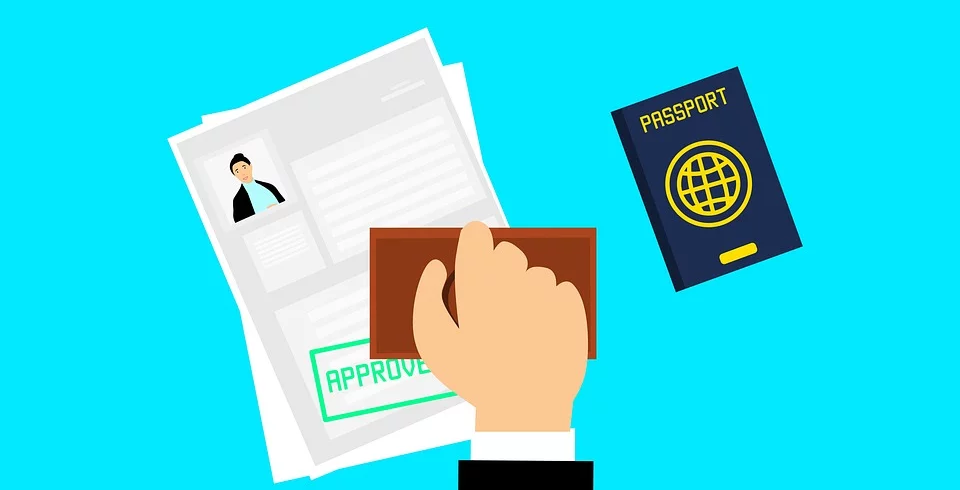As a foreigner, a condominium is the one piece of real estate that you can easily get your hands on. This is because Thai real estate law allows for the ownership of a condominium unit by a foreign national, as long as the remaining 60% of the number of units in a condo project are allocated for local Thai homeowners.
This means that only 40% of a project is available for purchasing by a foreign national and, when that 40% has been sold up, no more units can be sold to foreign buyers. However, this is not a reason for you to give up on a condo project that you think is ideally located for your needs and purposes. If you cannot buy, then you can lease long term!
Why Lease?
Leasing is nearly similar to purchasing a unit. Although the Thai national retains nominal ownership of the project as the original buyer, you as the lessee of a condo unit has, by all practical purposes, all the rights that an owner can exercise over the property, with the exception of selling it. Only the Thai owner has the legal authority to do that.
There are many things that you can legally do with a properly leased out condominium unit owned by a Thai national. That is, of course, if you have properly negotiated a lease agreement that is mutually beneficial and not one-sided.
How to Properly Negotiate a Leasing Agreement
Here are some tips to bear in mind when you’re about to negotiate an agreement that will allow you to lease a condo unit that is owned by a Thai local:
- Discuss in depth the terms of the agreement
There is nothing like a good conversation, as they say. This means that you have to spend time with the local Thai owner to discuss the terms. Don’t hesitate to ask questions or put forward proposals when you have some. Talk everything over so that you and the other party are happy with the terms. Don’t forget to have it put down on legal writing afterwards.
- Make sure there is a clause for subleasing
Having a clause for subleasing, or putting up the leased unit for rent even if you don’t own it, makes the act totally legal. This is why you should make sure to have that clause especially since being a foreigner will require you to frequently leave the country to satisfy your visa requirements. Reading the fine print will help you find out if there is such a clause in the contract, so that you can negotiate it when needed.
- Consult an English-language property advisor
Most Thais are fluent in the English language, but misunderstandings due to the language barrier can still arise. Unfortunately, misunderstandings in a legal context can give rise to various problems later on. To save yourself from a headache, consult a property advisor in Thailand who is a native English speaker that is also fluent in the local language. This will be a big help to you.
Contact us if you need help in negotiating a condo lease agreement in Thailand, or if you have any questions at all about property and business investments in the country.






